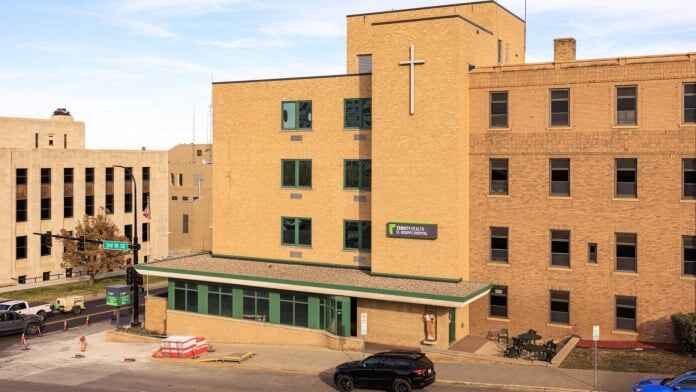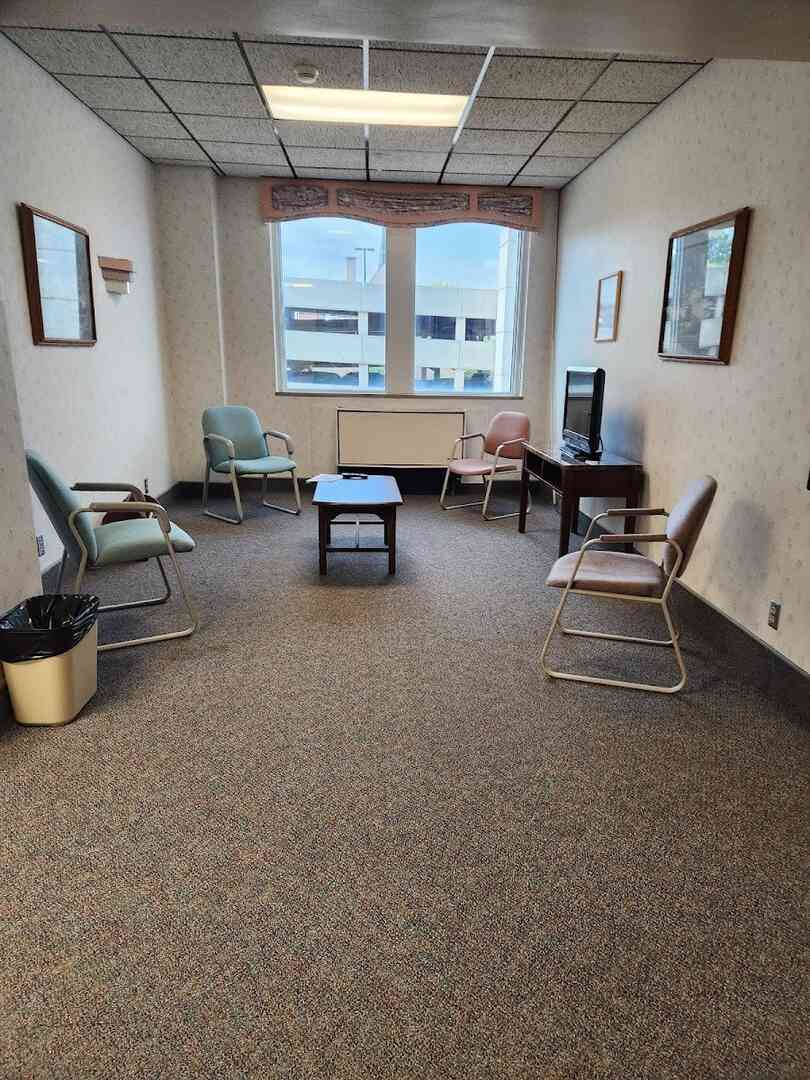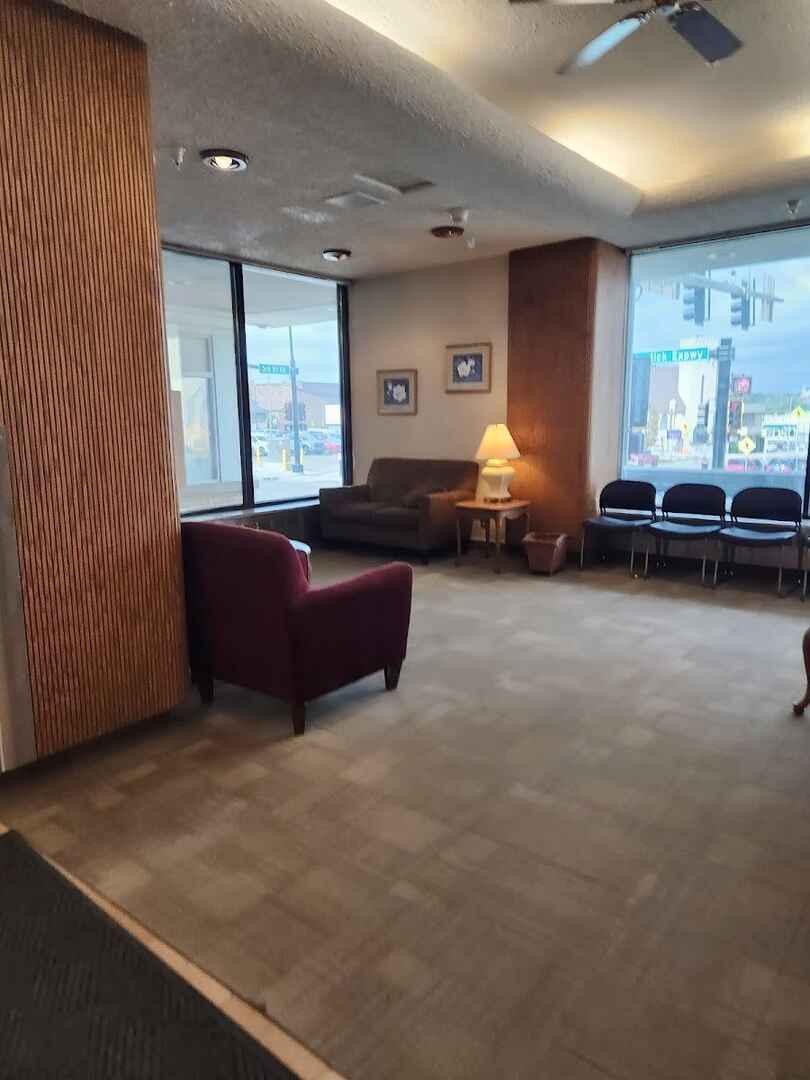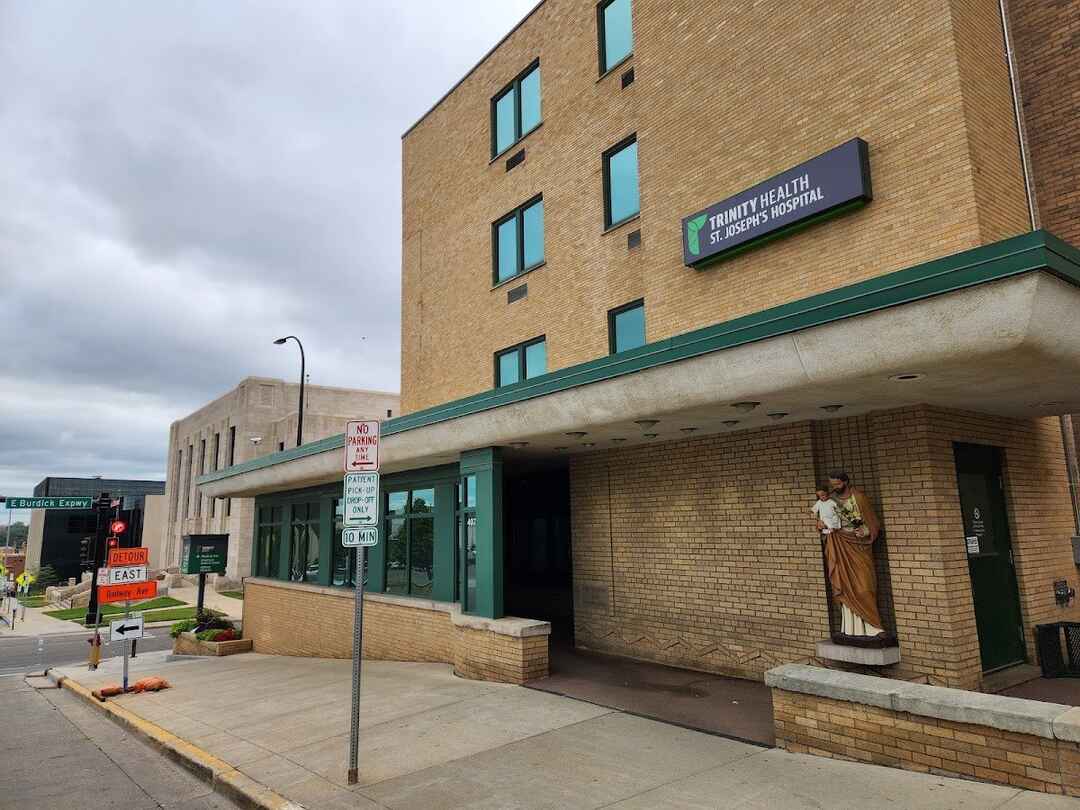About Trinity Health St. Joseph’s Hospital – Minot
Trinity Hospital–St. Joseph’s, in Minot, North Dakota, is a behavioral and mental health care facility for youth and adults. They provide intervention services, dual diagnosis care, medically supervised detox, and 12 step focused inpatient, outpatient, and aftercare programs. Dedicated programs for children, adolescents, young adults, and seniors are available.
Trinity Hospital–St. Joseph’s is a comprehensive, 12 step focused addiction recovery and mental healthcare facility in Minot, North Dakota. They offer intervention services, medically supervised detox, and inpatient, outpatient, and aftercare programs for youth and adults, including dedicated programs for seniors, teens, children, and young adults.
Clients undergoing detox at Trinity Hospital–St. Joseph’s receive round the clock medical supervision. FDA approved medications may be prescribed to ease withdrawal symptoms and prevent potentially serious complications.
The inpatient program at Trinity Hospital–St. Joseph’s allows clients to focus on their recovery in a private, home like setting with premium amenities, including onsite recreational facilities. Residents engage in intensive, DBT based individual, group, and family therapy. They also develop an array of recovery focused life skills, including courses in coping, trauma resolution, self care, wellness, and relapse prevention. Their personalized treatment plans include evidence based complementary therapies, ranging from nutrition to exercise and recreational therapy.
Trinity Hospital–St. Joseph’s provides a full suite of aftercare services to promote clients’ long term recovery and their successful reintegration into their homes, workplaces, and communities. Services may include career counseling, vocational training, peer coaching, 12 step program induction, and social services referrals.
Trinity Hospital–St. Joseph’s is Joint Commission accredited. They accept private insurance, military insurance, Medicaid, Medicare, self pay, and daily payment plans.




